Optimization & Healthy Will

Optimization—making our best decisions and making the best of circumstance and conditions—relies on acceptance. If we do not accept or if we mis-assess the actualities of things as they are, we will be less ineffective to the extent that we do so.
Traction means being in contact with the ground and able to therefore move forward. Figuratively, traction means being grounded in the actual. This requires acceptance. Wishful thinking, holding your breath and hoping, or denying fearful possibilities introduces slop into the situation, which functions like a wild card, reducing traction.
In order to optimize something, one accepts what is already established— and then says, “Within this, what else is possible? And is it mine to do?”
If something is not ours to do, we return to acceptance and find ways to respond more gracefully to circumstances rather than unbalancing  ourselves by exerting force.
ourselves by exerting force.
Letting go of any compulsive tendency to cause influence makes expressing positive types of power a choice rather than a defense or reactive stance. It does take self knowledge or keen intuition to clearly distinguish between an impulse based on desire and internal guidance. This discernment is an essential aspect of spiritual mastery.
Optimizing our choices with the most beneficial outcome in mind rather than reacting from habit or desire helps develop a type of will that allows us to move through life with purpose and strength.
Optimization is not perfectionism, which stems from self-judgment and a lack of self love. Perfectionism is a form of resistance. It is automatic and compulsive.
Learning how to nurture and love ourselves through our choices in ways that do not have a backlash is a rudimentary step in developing positive spiritual will. By spiritual will I just mean learning to follow our guidance instead of reacting to whatever is in front of us. As with eating healthfully, intentional choices make us happier and lead to greater fulfillment than does random indulgence.
Healthy will springs from our Essence. It promotes living fully, individuation, and positive relationship with life. Unhealthy will is largely a defense against feeling pain.
When our plans and intentions do not work out, this is only a defeat if we fail to use the situation to learn, making it a positive part of our spiritual process.
Living by attending to guidance is a receptive process, fairly fluid and flexible. We remain open to the universe, acknowledging that we are a participant within it. When we fall out of alignment and become distracted into our issues, we simply need to relax and come back, come back, come back.
Loyalty to our values develops endurance. We transform gradually, through a long series of small shifts. Each rendition of ourselves more present, like a slightly new incarnation. It’s like the movie, “Groundhog’s Day.”
What do you habitually resist?
What will happen if you lean into that experience in the moment?
What would you like to optimize in your life?
What would you have to confront in your life in order to optimize it?
How would the process of confronting it change you?
What do you need to accept in order to free yourself up to make a welcome change?


 When we feel like we want to die it’s usually because we are not taking good enough care of our bodies. The mammal needs love and nourishment.
When we feel like we want to die it’s usually because we are not taking good enough care of our bodies. The mammal needs love and nourishment.



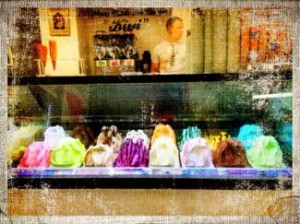 discontent, feel into it, we find ways to hold ourselves accountable for meaning in our lives. We find ways to inspire ourselves by discovering what matters to us truly, and feel our way, if blindly, into giving things that matter shape and form on our outsides, expression, perhaps even life direction.
discontent, feel into it, we find ways to hold ourselves accountable for meaning in our lives. We find ways to inspire ourselves by discovering what matters to us truly, and feel our way, if blindly, into giving things that matter shape and form on our outsides, expression, perhaps even life direction.
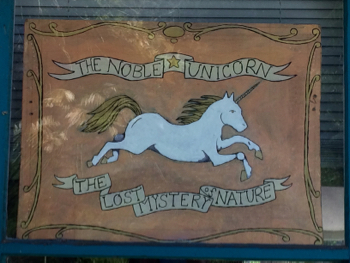 or unnecessary steps in development.
or unnecessary steps in development.
 artifice, and layers of social conditioning that stem from how they need to carry themselves based on what they tell themselves and what they have been told by other people and how they think they should be, and all the basic stuff—which I have too, but I may be less conditioned and more aware of it.
artifice, and layers of social conditioning that stem from how they need to carry themselves based on what they tell themselves and what they have been told by other people and how they think they should be, and all the basic stuff—which I have too, but I may be less conditioned and more aware of it.
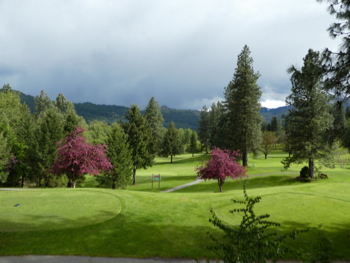 overlooked part of a golf course. So I sat and just looked out the window without doing anything—which is unusual for me.
overlooked part of a golf course. So I sat and just looked out the window without doing anything—which is unusual for me.
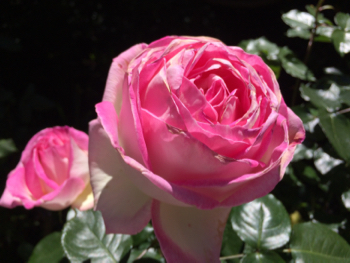

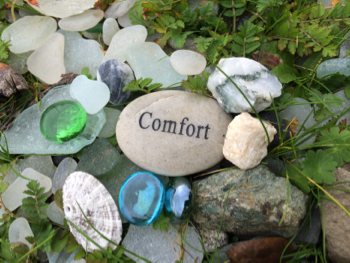 rejecting them. Intentionally breathe tender compassion and love into those places, feeling them, yet gradually filling the body and heart areas they occupy with kindness and gentleness.
rejecting them. Intentionally breathe tender compassion and love into those places, feeling them, yet gradually filling the body and heart areas they occupy with kindness and gentleness.
 responses to stimuli.
responses to stimuli. actual fact, my practices took me into areas I had inadvertently resisted seeing, such as whatever was left of my inner wounds.
actual fact, my practices took me into areas I had inadvertently resisted seeing, such as whatever was left of my inner wounds.
